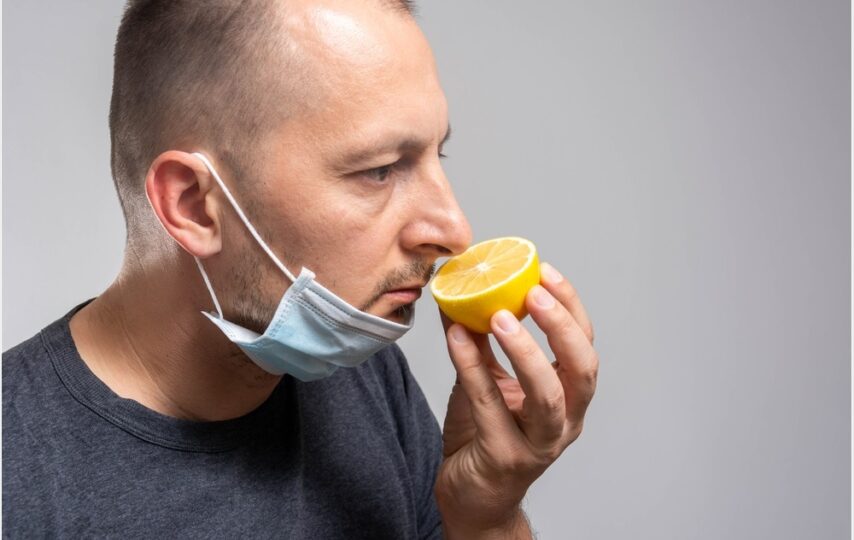
Schedule a virtual appointment as soon as today and get guidance on testing, how to treat your symptoms and when to seek in-person care. If you think you might have COVID-19, our providers are standing by to help. And anosmia can be a safety issue, too, putting you in danger if you can’t detect warning signs such as smoke or leaking gas. People without the ability to smell are also more likely to be depressed. That may complicate conditions such as high blood pressure, diabetes and cardiovascular disease. One 2021 review study reported that people with anosmia ate more salt, sugar and fat. When that happens, things that used to smell good suddenly have an unpleasant or metallic odor.Ĭhanges such as these can affect your appetite and lead to health problems. Or they may have parosmia (a distorted sense of smell). So sometimes people with COVID-19 experience ageusia (an inability to taste).

That’s because the taste buds on your tongue work together with your olfactory neurons. First, your inability to smell also impacts your ability to taste. (From at-home tests to at-home care, Optum’s COVID-19 resource center is here for you.) Can anosmia affect my health? As they do, they trigger changes in your olfactory neurons, putting your sense of smell out of commission. And because your nose is so close to your brain, those immune cells just keep on fighting. That sets off inflammation to help fight the virus. Instead, when the nerve cells in your nose (called olfactory sensory neurons) detect the coronavirus in the body, a rush of immune cells is triggered.

You don’t usually get a stuffy nose with the virus, so there isn’t any mucus to physically block smells. Nasal swelling and mucus keep odors from getting inside your nose, making it hard to smell. If you’ve ever had a garden-variety cold, you know what it’s like to have a stuffy nose. What exactly is anosmia, and why does it happen with COVID?

Here, we’ll answer your most pressing questions - and help you get your sniffer back in good working order. But the sheer number of COVID cases means we’ve been seeing anosmia a lot,” he says.Įxperts are learning more about the effects of COVID all the time, including the way it impacts the sense of smell. “That can happen with other viral illnesses too, even a common cold. Furr is also a spokesperson for the American Academy of Family Physicians. “Loss of smell - and taste, too - has become one of the main criteria we use for diagnosing COVID-19,” says Steven Furr, MD, a family doctor in Jackson, Alabama. It’s called anosmia, and about 80% of people who catch COVID-19 end up with a nose that isn’t quite doing its job, according to UC Davis Health. Perhaps you couldn’t catch a whiff of your favorite meal - or the fragrance had mysteriously disappeared from your herbal-scented shampoo. For many people over the past couple of years, it was an early sign that something was wrong.


 0 kommentar(er)
0 kommentar(er)
